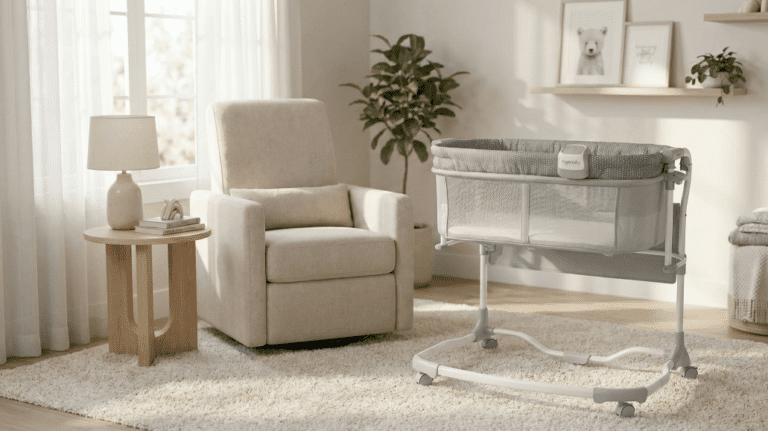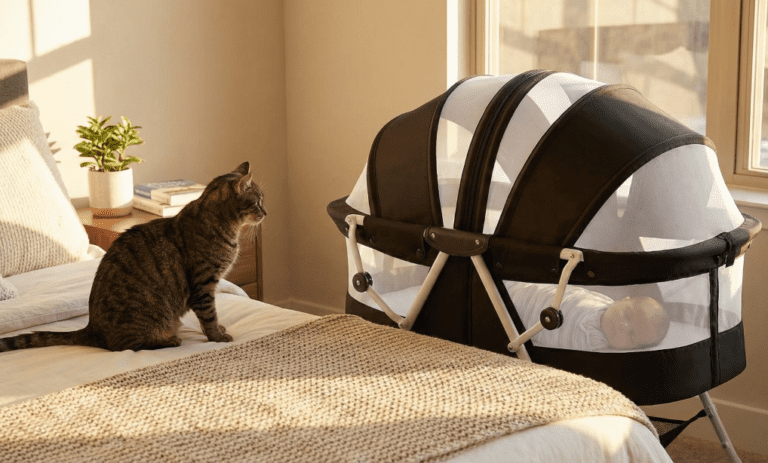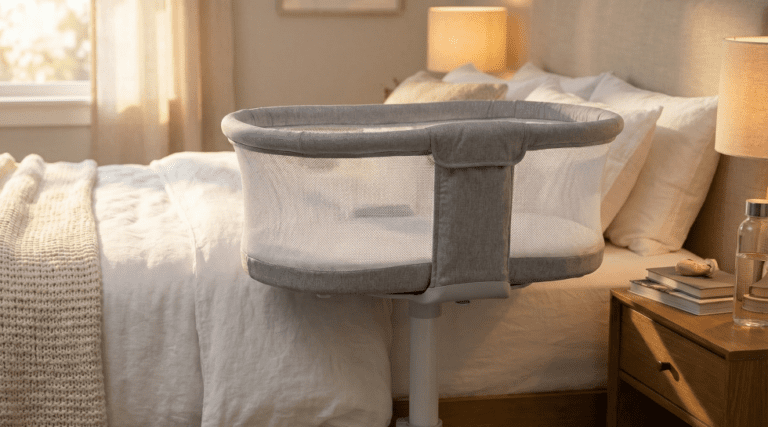Motherhood, One Nap at a Time
Welcome to your digital village, where I share honest encouragement, researched baby tips, and the simple things that make the newborn days feel a little less overwhelming. Grab a cup of coffee (reheated is fine) and settle in—you’re doing a great job, mama.
Fresh Reads !
The latest tips, honest reviews, and parenting insights hot off the press. Dive into our newest articles covering everything from essential baby gear comparisons to practical advice for navigating the first years of parenthood.
Check Them Out!The Lifestyle Starter Bundle
Get my free Lifestyle Starter Bundle and jump into a curated mix of easy routines, home tips, wellness ideas, and gentle inspiration.
Grab the guide now!What’s trending
 Bassinet
Bassinet
BABYJOY Rocking Bassinet Review: Best Budget Travel Sleeper in 2026?
Can a budget-friendly bassinet actually be safe and sturdy? We put the 3-in-1 design to the test. From assembly time to travel ease, here is our full BABYJOY Rocking Bassinet review to help you decide if it’s the right choice for your nursery—and your wallet.













